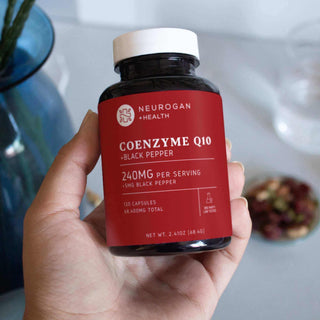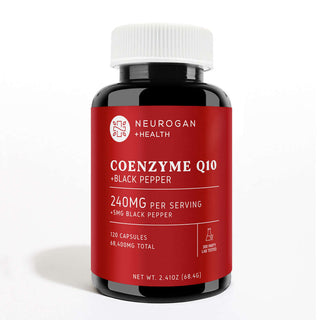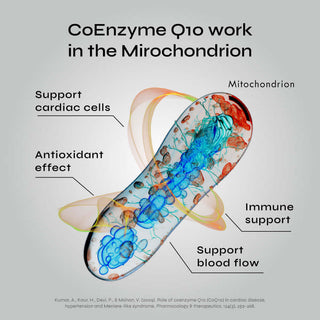Free U.S. Shipping ($70+)
Science-Backed, Nature-Inspired
At Neurogan Health, we believe in transparency and quality. Our products are crafted with the highest standards, ensuring purity, potency, and effectiveness—without unnecessary additives or shortcuts.

More About the Black Pepper Source:
CoQ10 Capsules Effects

Coenzyme Q10 Supplement:
Why Our Formula Stands Out?
100% Quality Assurance
We prioritize purity and potency in every product. Our formulas are crafted with the highest quality ingredients and tested for consistency and effectiveness.
100% Transparency
We believe in full ingredient transparency. Every batch is third-party tested, and our lab reports are available to ensure you know exactly what you’re getting.
100% Science-Backed Formulas
Our products are developed with research-backed ingredients designed to support your wellness journey with proven benefits.
We’re here to help
Have more questions? Visit our Help Center or reach out to us at support@neuroganhealth.com — we're happy to assist you on your wellness journey.
What is CoQ10?
What does CoQ10 capsules do?
What are CoQ10 side effects?
What is the recommended daily dose for CoQ10?
Can CoQ10 increase energy for better performance?
Can CoQ10 be beneficial for skin health?






